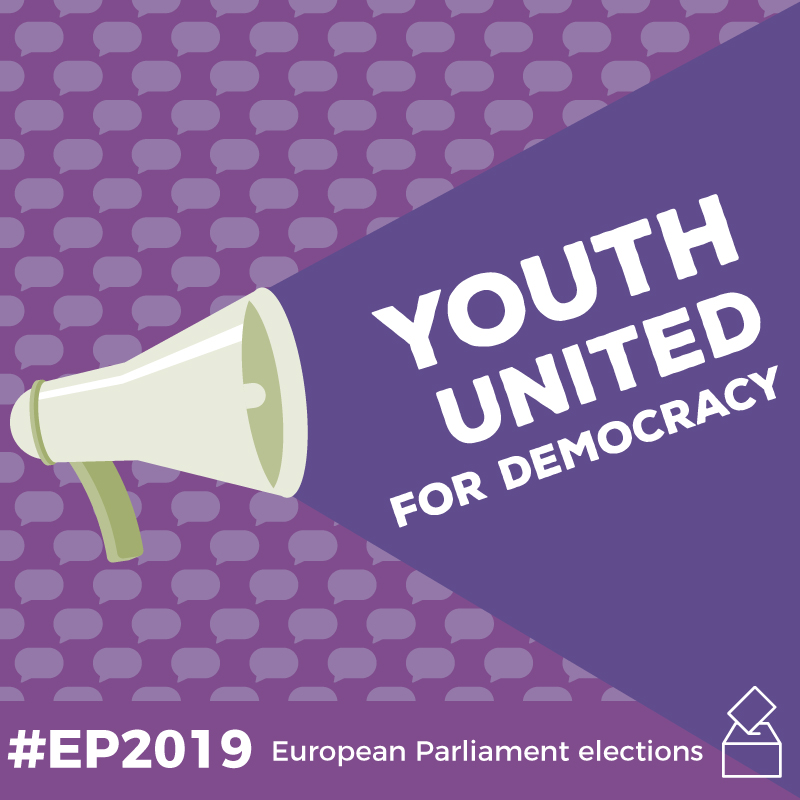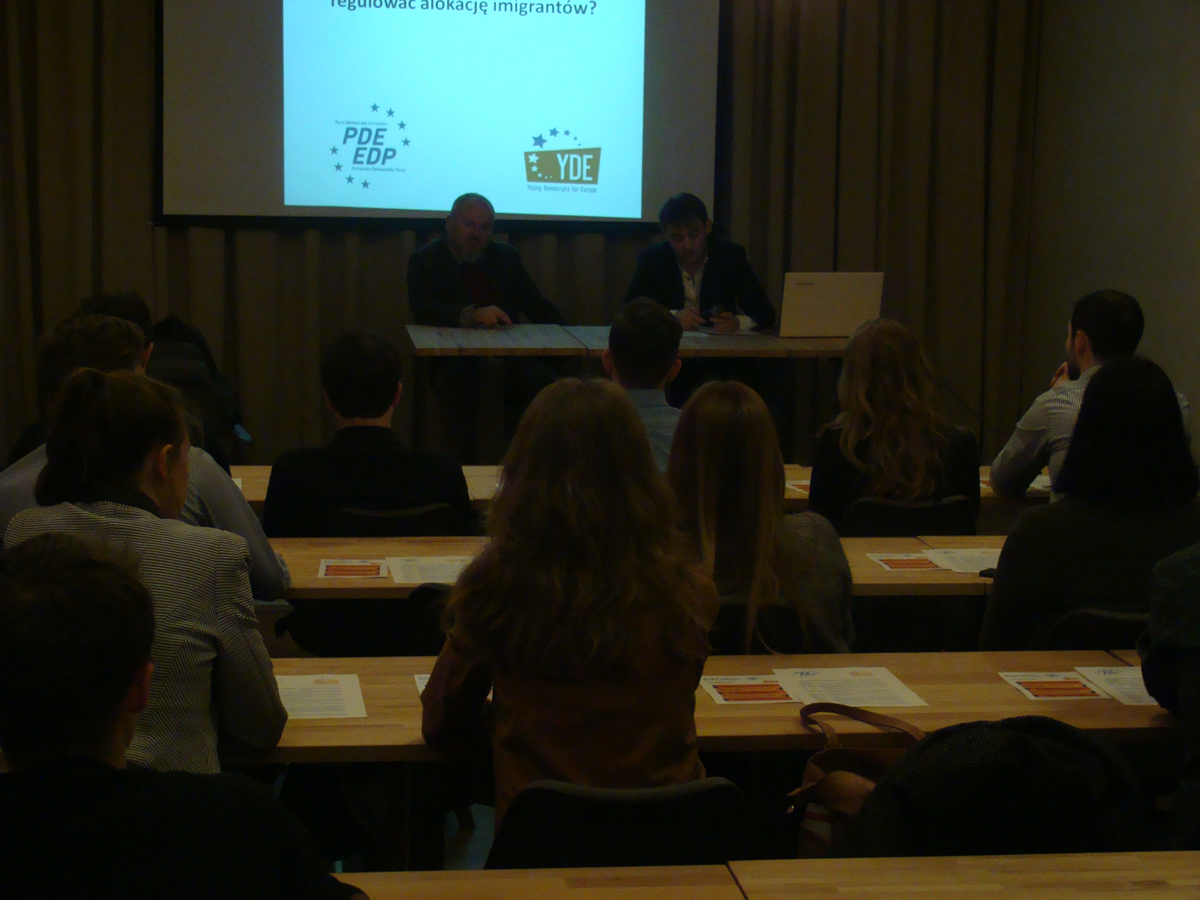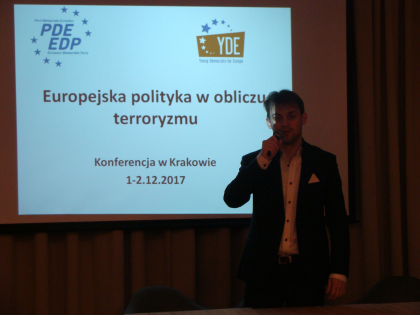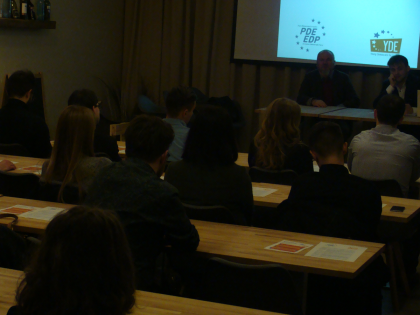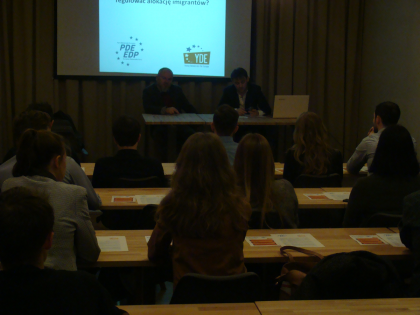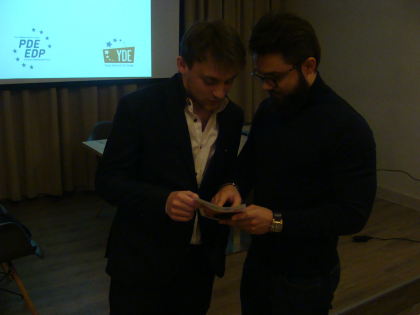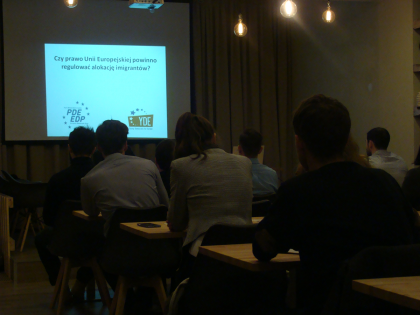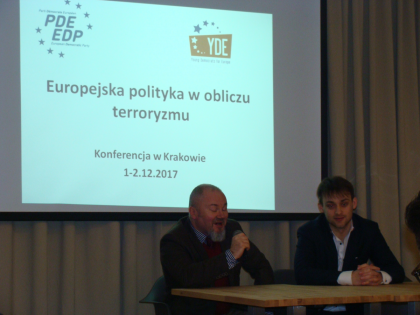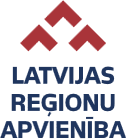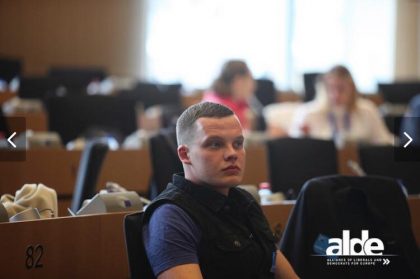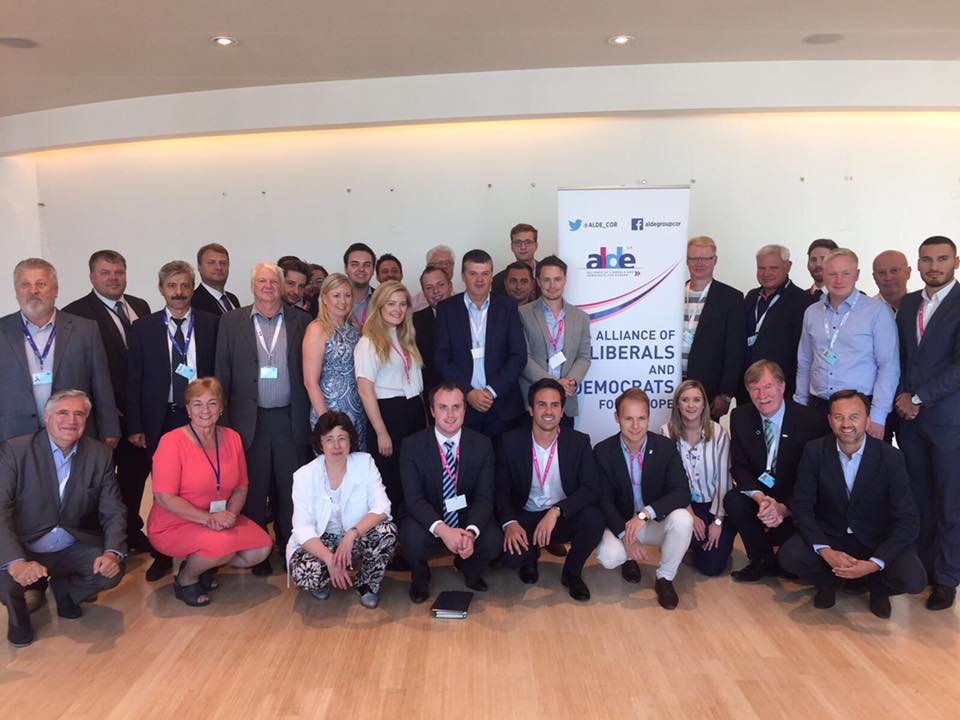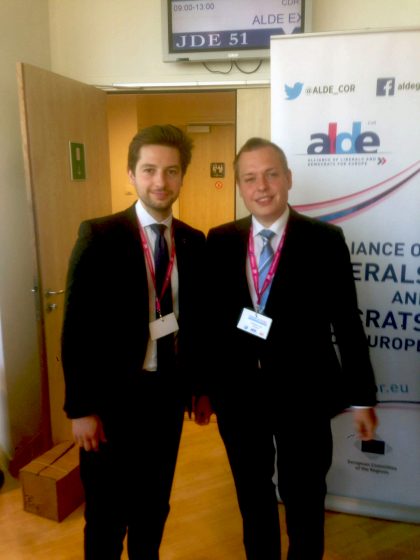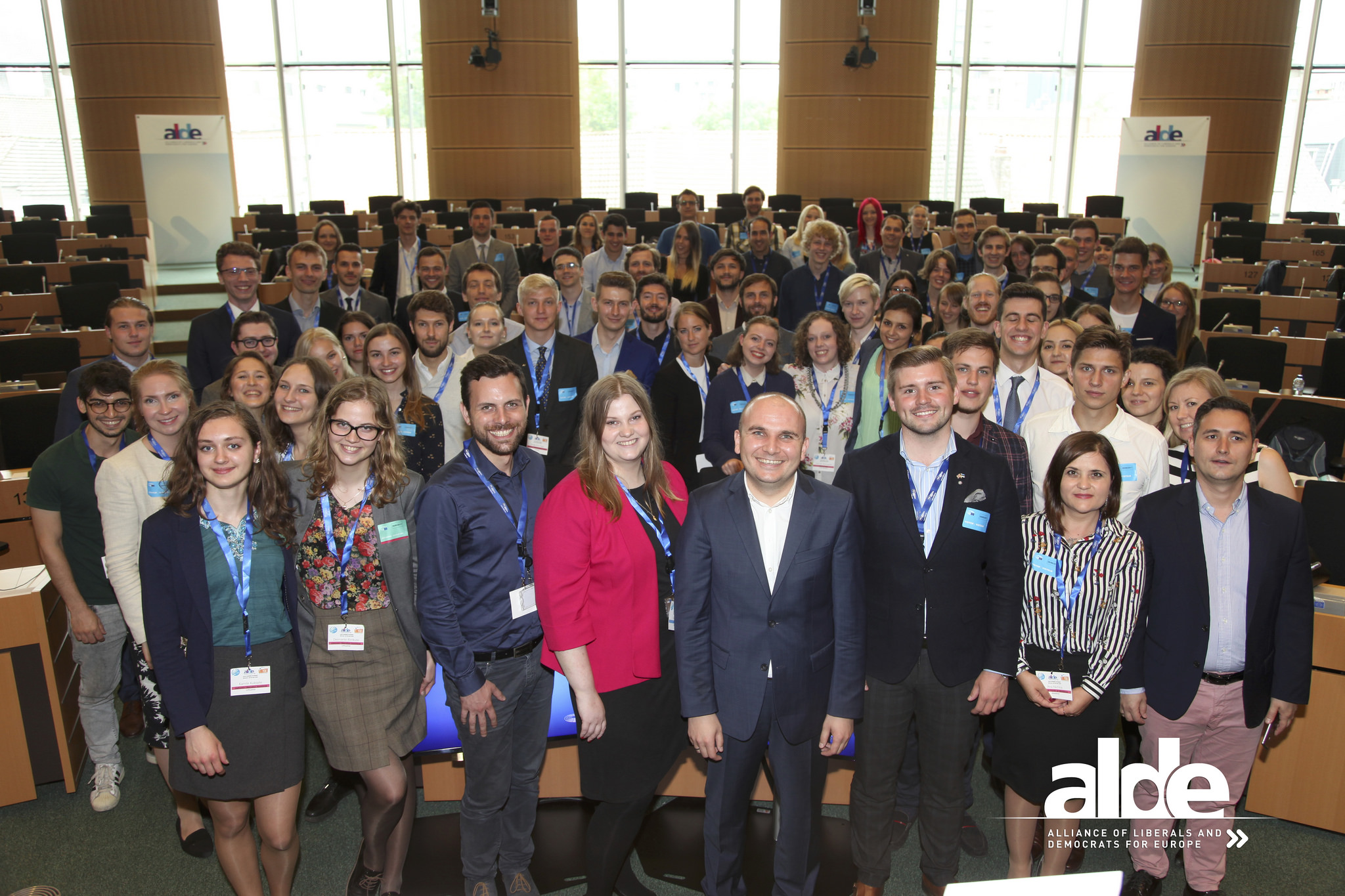2019 elections: The end of old-school ‘politics as usual’?
The countdown to the next European Parliament elections has begun. They are an opportunity to change the way we do politics in Europe, to become more inclusive, turn under-representation into equal representation and ultimately increase the trust in our political leaders. Will European political parties accept the challenge? Luis Alvarado writes.
Luis Alvarado is the president of the European Youth Forum*.
Unsurprisingly, youth voices are already leading the way.
In a powerful and forward-thinking move, European political party youth organisations from across the political spectrum have come out strongly in support of the same goal: to create a more transparent, open and inclusive democracy.
The path we need to take to achieve this goal by the upcoming 2019 election is so indisputable that it is supported by a joint statement of the widest possible range of youth political parties; all of whom I am proud to call members of the European Youth Forum and to represent. We are breaking the cycle of how to do ‘old-school politics’.
So listen up and take note:
The answer lies in the empowerment of the current and future generations of young people, to not only have their voices heard in politics but also to be fully engaged in all aspects of decision making.
While there will be many crucial debates to come, one thing that can be universally agreed on is that for the European project to survive and thrive, young people must be at the core. This is the first pro-European generation by birth.
A generation that knows no borders or barriers and understands that the challenges of this era can only be solved together. Migration, terrorism, inclusive and resilient societies, the future of work and the digital revolution are challenges that no nation can find solutions to on its own.
Instead, they need to be tackled regionally and globally. Young people understand this.
It’s no secret that across Europe, young people are less likely to participate in traditional manifestations of democracy, including voting in elections. However, the ‘apathetic youth’ stereotype is a myth that has already been debunked time and time again. Young people have proven themselves to be active in society, engaged and ready to create change.
We take action on issues that directly impact us and stand up for causes that we believe in. We saw that in the Scottish referendum and the UK general election – where young people said “enough!”. So no more excuses.
If political parties want to be responsive to new social movements, we encourage them to work with young people: to take account of them in their manifestos, target them in their policies and put more young people forward in elections.
Let’s start with the integration of a youth perspective. Simply throwing in some statistics now and again on youth unemployment doesn’t count. Parties need to really reflect the realities of young people in Europe and to make issues facing youth a real priority.
This means actively reaching out to young people and ensuring that young voices are meaningfully included. Placing more young candidates in electable positions, for example, has the potential to promote youth turnout and also gives voters new choices with much needed fresh perspectives and approaches.
Political party youth organisations are united in demanding that political systems, both at the national and European level, ‘youth up’ and become much more accessible to all. There is so much potential to channel citizen engagement beyond traditional voting including the opportunities presented by digitalisation, such as e-governance and e-democracy.
We don’t want to be only at the receiving end of strategies and actions, we want to be partners in developing them.
We need our political leaders to think ahead: to invest in the personal and social development of young people and society. Introducing citizenship education that allows each and every young person to develop the skills and knowledge needed to become informed, responsible and critical citizens is key to safeguarding our democracy.
The Erasmus+ programme offers amazing opportunities to contribute to the personal, social, political and economic development of youth and their communities. Imagine if all young people had the chance to experience these benefits? SPOILER ALERT: We’ve pledged to increase its budget by 10 with our #ERASMUSx10 campaign.
The sooner Europe recognises youth as a resource for transformative change, the better. We’ve had enough of being left out of decisions that will directly impact our lives. Young people’s future has already been put at risk by short-term thinking and unsustainable solutions.
Today’s economic and political system does not work for our planet or for people, especially young people. We need to be ambitious in implementing the 2030 Agenda for Sustainable Development and we need Europe to be a leader in combating climate change in Europe and globally.
Political parties rarely come together to join forces for a common cause. However, the next European Parliament elections in 2019 have to be more than ‘politics as usual’. Youth organisations have recognised this fact and have shown themselves to be ready and willing to work towards a stronger European future together.
For political parties and candidates to write off young generations, or ignore this joint call for action, would fail not only for youth but democracy as a whole.
*The op-ed was published in Euractiv on the 7th of Februay (https://www.euractiv.com/section/elections/opinion/2019-elections-the-end-of-old-school-politics-as-usual/) endorsed by European Liberal Youth (LYMEC), Federation of Young European Greens (FYEG), Young Democrats for Europe (YDE), Young European Federalists (JEF), European Democrat Students (EDS), International Federation of Liberal Youth (IFLRY), European Free Alliance Youth (EFAy), Youth of the European People’s Party (YEPP), Young European Socialists (YES) and International Union of Socialist Youth (IUSY).

